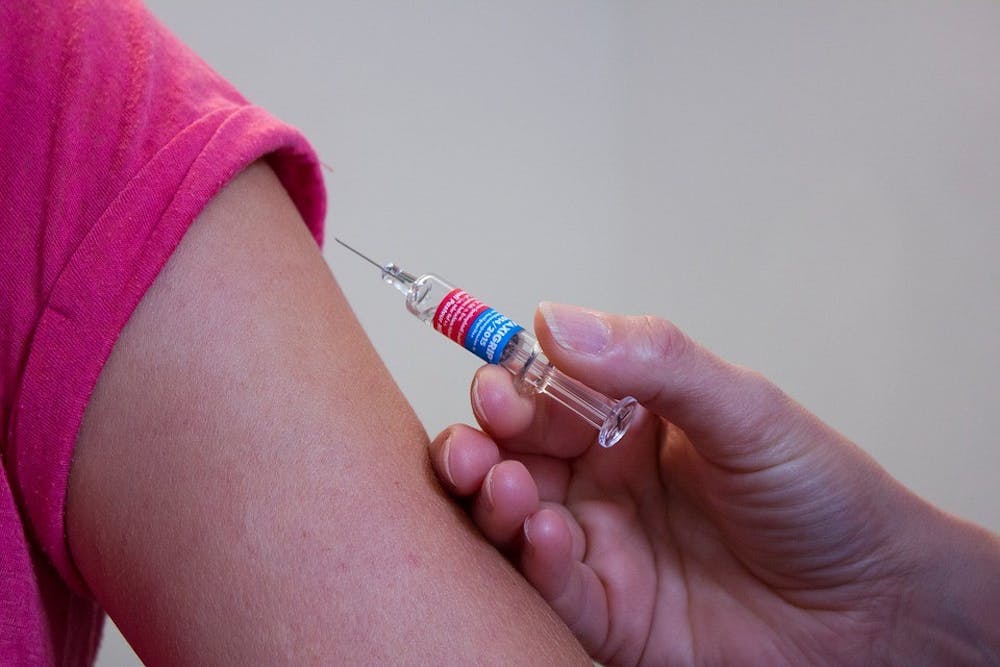Human papillomaviruses (HPV) are a class of related sexually-transmitted viruses that cause various cancers and diseases in humans.
According to the Centers for Disease Control and Prevention (CDC), the prevalence of genital HPV for adults aged 18-59 is 45.2 percent, making it the most common sexually transmitted infection in the United States. Certain high-risk strains of these viruses are responsible for almost all cases of cervical cancer and 95 percent of anal cancers.
Each year, about 33,700 people are diagnosed with cancer caused by an HPV infection. This includes about 12,000 women who are diagnosed with cervical cancer, which kills about 4,000 annually.
The HPV vaccine has been available to older children and young adults since 2006, but it has not been as widely accepted as other vaccines.
Only 49 percent of eligible adolescents have received the vaccine series, compared to 94 percent of children that have received the poliomyelitis (polio) immunization.
This low adoption rate may in part be attributable to recent anti-vaccine sentiment, but CDC research has shown that many parents are concerned about having to discuss the purpose of the vaccine with their 10 or 11-year-old child. As a vaccine intended to prevent certain strains of an almost-exclusively sexually transmitted infection, parental hesitation is certainly understandable, but it is vital that HPV vaccination becomes more widespread if certain forms of cancer are to be prevented.
On Oct. 5, the HPV vaccine Gardasil 9, previously available only to these younger age groups, received FDA approval for use by individuals between the ages of 27 through 45.
While it is preferable to vaccinate individuals before they become sexually active, there are still benefits for those who were not immunized at a young age and are immunized later on in life. People already exposed to a given strain of HPV will not gain immunity to that strain after receiving the immunization, but it is still considered worthwhile to be protected against the other potentially-infectious strains.
Lois M. Ramondetta of the MD Anderson Cancer Center commented on this decision.
“There is a whole generation of people we were missing who didn’t know about it. Doctors weren’t good at talking about it,” she said, according to the New York Times.
According to National Public Radio, a research study of 776 primary care physicians showed that 27 percent do not strongly recommend the HPV vaccine to their patients.
The same study also found that almost 60 percent of the physicians said that they only approach the topic if the child is at risk for contracting the disease, rather than reminding all patients of the immunization.
Though it remains to be seen whether the HPV vaccine will be adopted by the majority of the population, there is no doubt that the FDA approval will result in greater vaccine coverage nationally.
The Student Health and Wellness Center offers Gardasil under the school-sponsored insurance plan.





